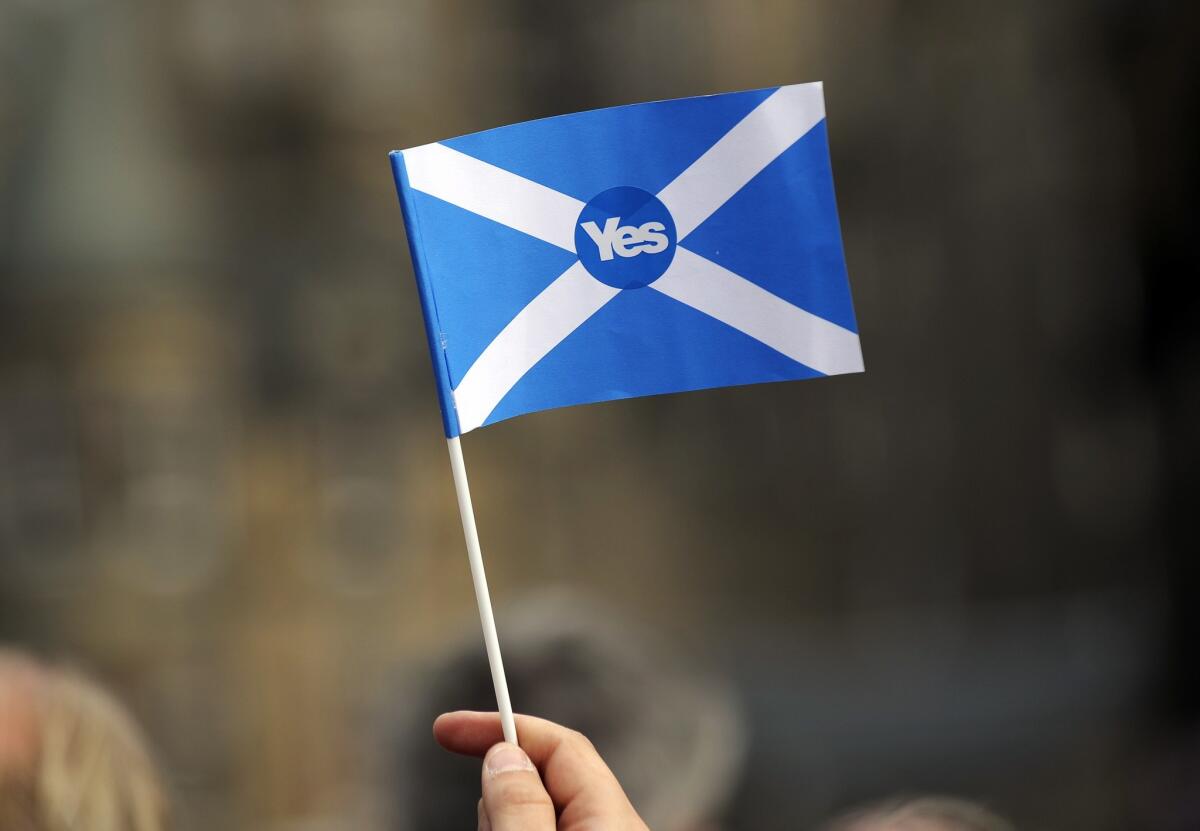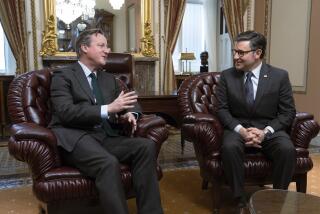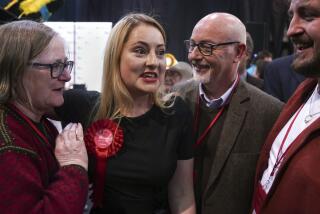Scottish secession favored in poll for first time

The race for Scottish independence reached a new level of intensity Monday after a weekend opinion poll showed a majority of voters for the first time favoring secession from the United Kingdom.
Increased uncertainty over Scotland’s future resulted in immediate turmoil in the markets. The British pound dropped to a 10-month low against the U.S. dollar, and companies with a significant stake in Scotland, including the Royal Bank of Scotland, saw share prices tumble.
The Scottish public will decide on Sept. 18 whether to leave the United Kingdom. The “Yes” campaign has gained considerable ground in recent weeks, after consistently lagging far behind in the polls since the campaign began.
The new poll conducted for Britain’s Sunday Times showed 51% of voters in favor of independence, and 49% planning to cast ballots against secession.
Questions remain over whether an independent Scotland could join the European Union and whether it could negotiate a currency union with Britain that would allow it to continue using the pound. The British government in London maintains this is not an option.
In response to the poll results, Scotland’s First Minister and leader in the push for independence Alex Salmond said his opponents in the “No” campaign were mired in “chaos, confusion” and heading for “total disintegration.”
The pro-union Better Together campaign has been criticized by some supporters for being overly negative in its drive to keep Scotland within Britain, warning Scottish voters that independence could result in dire economic consequences. The “No” campaign has responded to the tightening race by reinforcing its pledge to offer Scotland greater autonomy if it remains within the union.
On Monday, former British Prime Minister Gordon Brown laid out a timetable for devolving more powers to Scotland if it votes against outright independence, including greater control over taxation and over how social welfare funds are spent.
Brown, a Scottish native who is still a member of Parliament, has called for draft legislation to be fast-tracked for early next year.
“Scottish voters deserve to know to the fullest extent possible about how new powers…will be delivered as soon as possible within the U.K.,” Brown said as he presented his plan at a campaign event in Scotland.
The proposal is expected to receive support from Britain’s three main political parties, however, they remain divided over specifics of the new powers.
Werth is a special correspondent.
More to Read
Start your day right
Sign up for Essential California for news, features and recommendations from the L.A. Times and beyond in your inbox six days a week.
You may occasionally receive promotional content from the Los Angeles Times.






